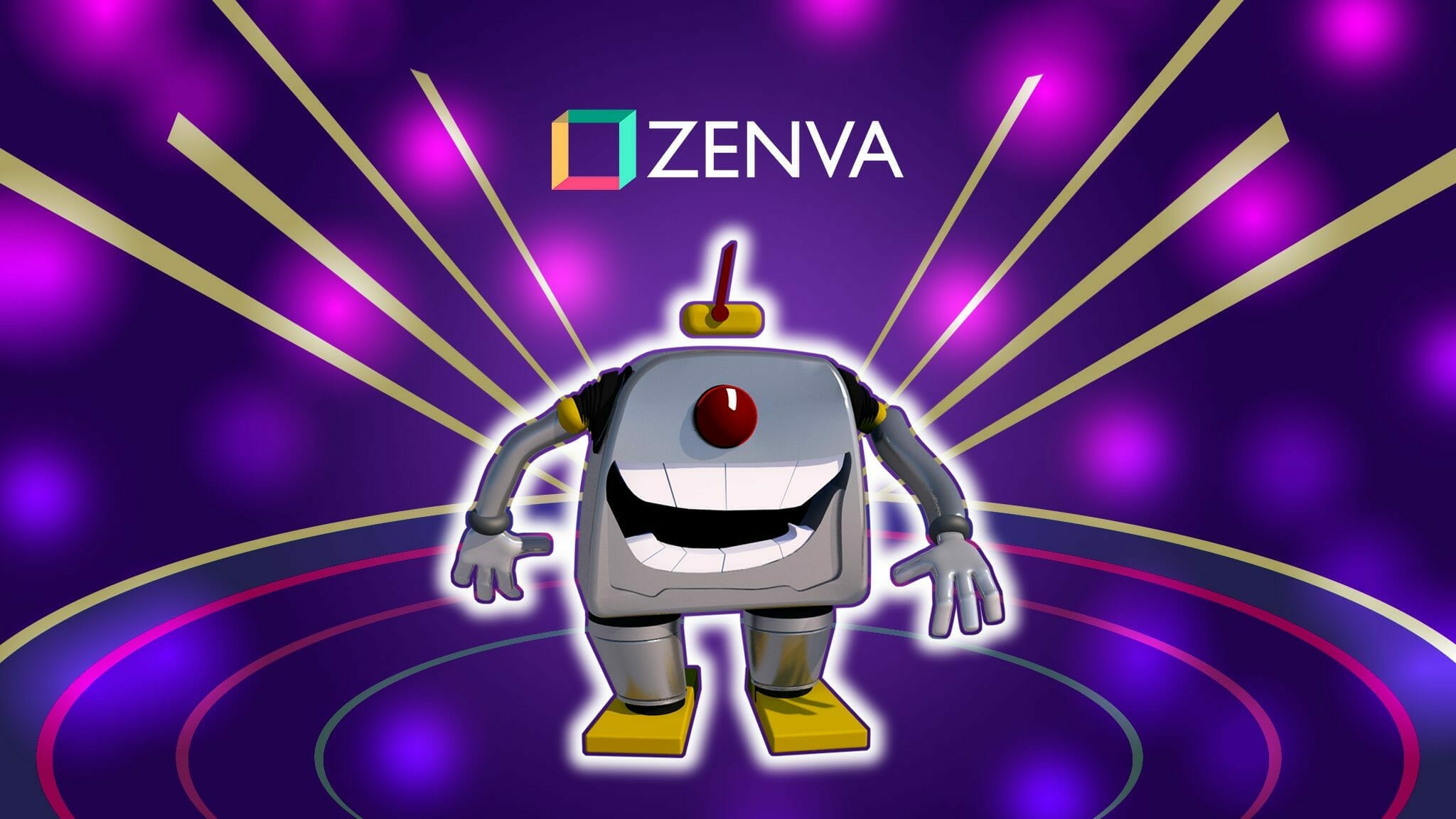As technology takes over our lives, more and more people look to STEM-related industries for their careers. Whether a new graduate or someone looking to change careers, these industries offer a fresh appeal with a lot of potential for growth. As such, it is no surprise that becoming a developer is a goal for many people.
Making that jump into becoming a developer can be intimidating, though. As with any job, there are questions about job security, salaries, and even what each type of developer does. After all, computer programming is a rather open field with endless possibilities, and there are tons of fields within development (not even counting subfields to those fields)! So, is development for you in terms of the professional world, and what can you expect?
In this guide, we will endeavor to answer the job outlook you have by learning programming and becoming a developer. We will cover not only some of the major fields within development, but also what they do and what kind of salary you can hope to earn. So, if you’re ready to join the exciting world of programming and become a developer, let’s jump into it!

Data Scientist
What is a Data Scientist?
A data scientist is generally a programmer who specializes in creating algorithms to collect and analyze data. The data scientist can mine data from a number of places including the web, databases, and so forth using programs they create. Additionally, the data scientist will create various algorithms to also help humans analyze the data, whether this means generating a text report or even displaying the data in a variety of charts to visually contextualize it.
Data scientists can generally be found working with a variety of businesses, as their data skills are used to improve products and services that businesses offer. As such, they are developers who help provide companies with insights into how consumers are interacting with the brand. However, data scientists can be found in any industry where data analysis is needed, even fields such as healthcare, scientific research, and so forth.

Typical Duties of a Data Scientist
As described by Glassdoor, a data scientist’s first duty is to work closely with a company to determine what data should be collected and how the company can utilize that data to further their business. This can include anything from deciding to collect certain types of sales data, to just tracking a user’s mouse on the screen to determine where a user might be looking. This planning stage is crucial, as while data can be manipulated in various ways, the data scientist needs to make sure to collect the right kind of data.
With a plan in place, the data scientist’s next primary duty is to develop the tools and algorithms for both the data collection and analysis. This duty is where programming knowledge comes in, as it vastly speeds up both areas in terms of preparing the data for presentation. This step can include many different things, even including making algorithms to automatically create charts based on the data sets received. These tools may also need to be used for consistent monitoring, so functionality and flexibility are key parts of the duty.
Another activity of the data scientist is to work closely with their clients and help them analyze the data and make actionable conclusions that the client can actually use. After all, since the data scientist built the tools, they would understand it best. Additionally, this step can also help clients and data scientists work on additional tools to help further finetune that data and the collection processes.
Last, in terms of duties, data scientists are also expected to do some amount of testing and predictions. This can range from simply making sure the tools are working properly, helping companies perform data-driven A/B tests, or even to helping companies build models that can predict certain outcomes.

Data Scientist Job Outlook
For the professional world, data science is in extremely high demand in terms of job prospects. As technology has allowed us to collect an increasing amount of data, businesses have begun to leverage this as increasing rates to improve their services, products, marketing, and more. According to LinkedIn’s Emerging Jobs Report, this has resulted in a 37% annual growth for the position in just the US alone.
In terms of salary, data scientists reported on job board Indeed that the average salary was $121,674 per year in the US. Payscale.com reports a slightly lower average of $96,089 per year for data scientists in the US, with the typical range existing between $67K and $134K.
It is also noteworthy that Glassdoor lists Data Scientist as the third best job in the US, falling only behind Front End Engineer and Java Developer, though Data Scientist has a slightly better job satisfaction rating than both.
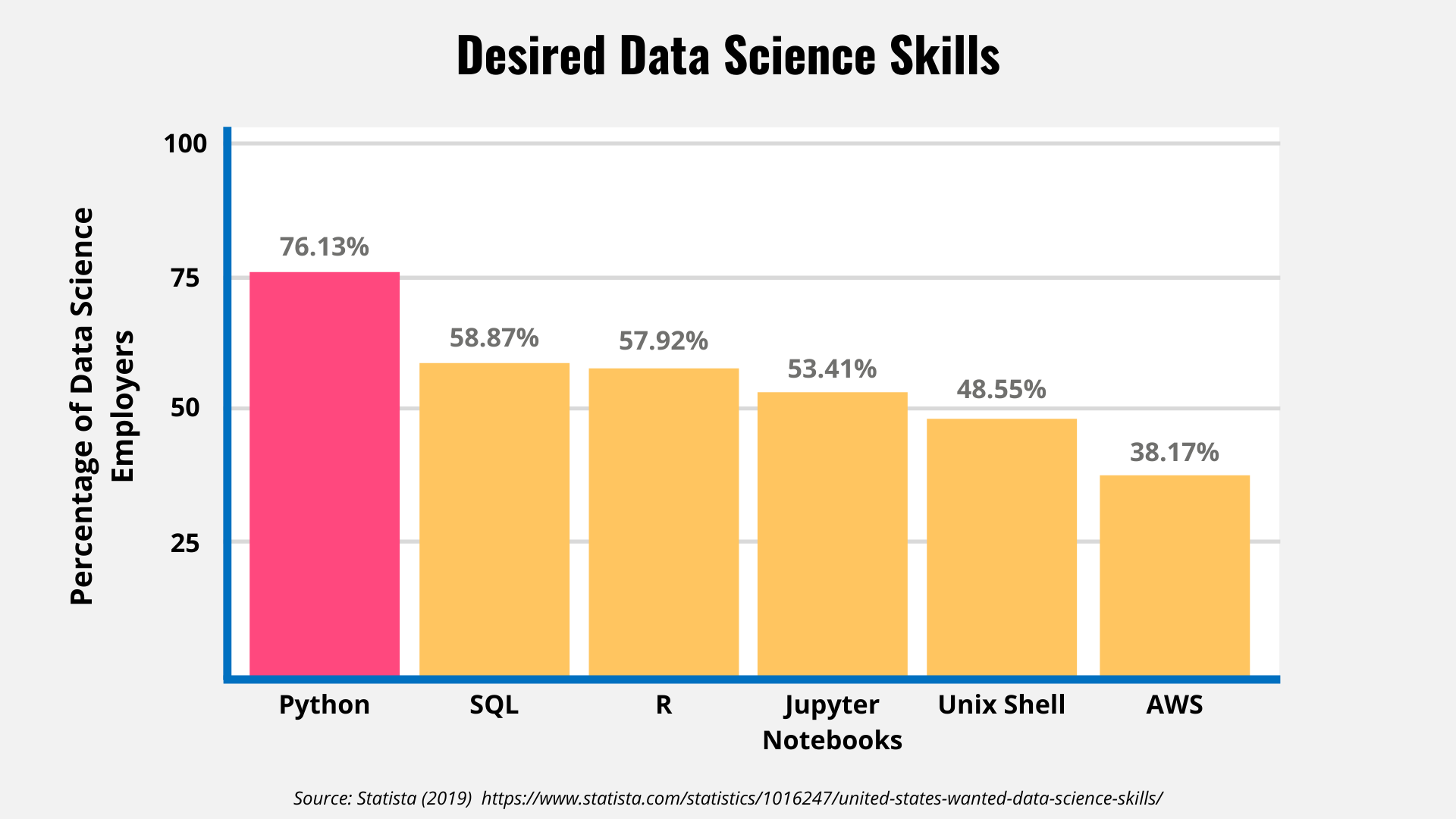
Required Skills
Some required skills for becoming a data scientist include:
- Strong ability with math, probability, and statistics
- Programming experience with Python, R, SQL, and/or other programming languages
- Computer science foundations for data architecture
- Knowledge of how to manipulate data and visualize data (i.e. make tables and charts)
- Technical writing and communication skills
Learning Resources
- Data Science Mini-Degree by Zenva
- Python Mini-Degree by Zenva
- What REALLY is Data Science? Told by a Data Scientist by Joma Tech
- Data Science Project From Scratch by Ken Jee
- How To Learn Data Science Smartly? by Krish Naik
- Streamlit (Web Application in Python) by Data Professor
- 30 Days of Python by CodingEntrepreneurs
- Python Programming: Learning Python for Beginners
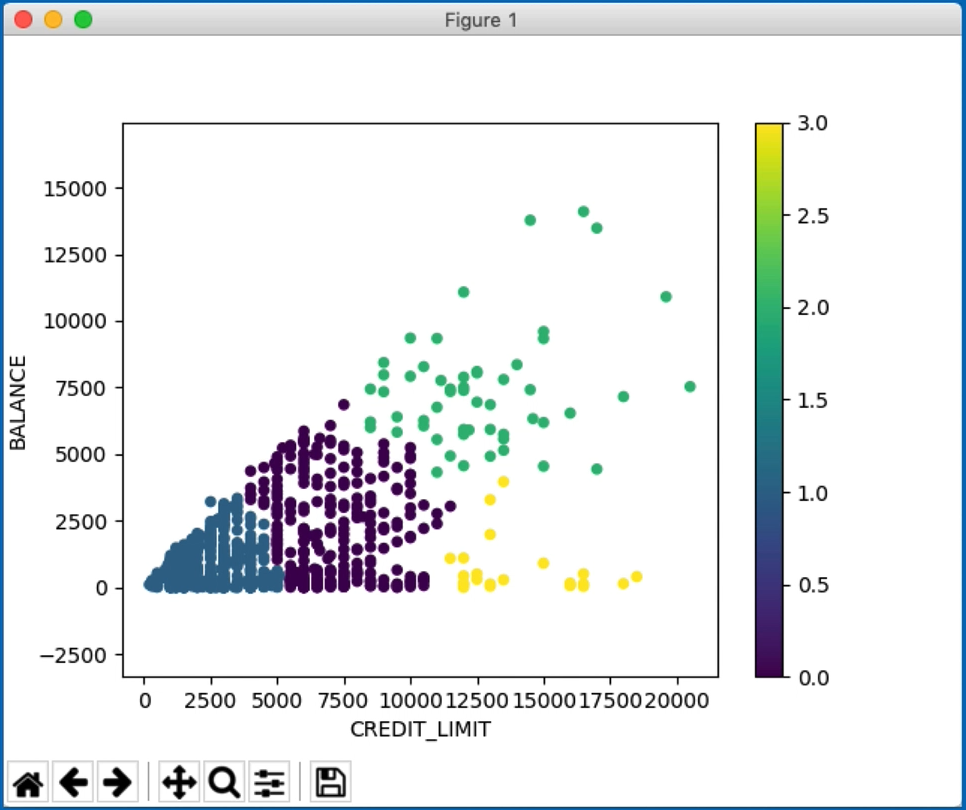
Machine Learning Engineer
What is a Machine Learning Engineer?
To understand what a machine learning engineer is, we must first understand machine learning. Machine learning is, in layman’s terms, a set of programmed algorithms that are able to study data and improve a program’s intended functionality. It is the very underlying concept that powers things like self-driving cars, face-swapping apps, and so forth.
Thus, a machine learning engineer is a programmer who is able to make algorithms and models that let machines learn. They are in charge of not only providing the machine the tools to learn, but also in training it with those algorithms so that the machine can improve its base functionality. These sorts of developers can work in several places, whether it is with a software development company to provide machine learning solutions or with regular businesses to help generate predictions or even just automate certain processes.

Typical Duties of a Machine Learning Engineer
Based on job descriptions from Workable, machine learning engineers have three primary duties.
The first duty a machine learning engineer might find themselves with is simply researching. This can mean several things. For clients, part of this is simply researching how to develop specific algorithms for what the client wants their software to do – as well as finding the appropriate datasets to use for training. However, this can also mean for the engineer researching how they can extend currently available frameworks and technology developments to build even better solutions.
Next, a machine learning engineer will also, fairly obviously, be in charge of actually programming and modeling the application. It means both understanding and implementing various types of neural network models, as well as actually testing the machine learning application extensively to ensure that the program is working. The machine learning engineer may return to this duty a lot, as machine learning requires additionally finetuning fairly regularly.
A machine learning engineer’s third duty is to actually train the models they create. This means they will be responsible for actually providing the correct data to the app, as well as providing enough to the app that it has performant results in terms of its task. Additionally, should change occur, the engineer will also be responsible for re-training apps to keep them up-to-date with these changes.
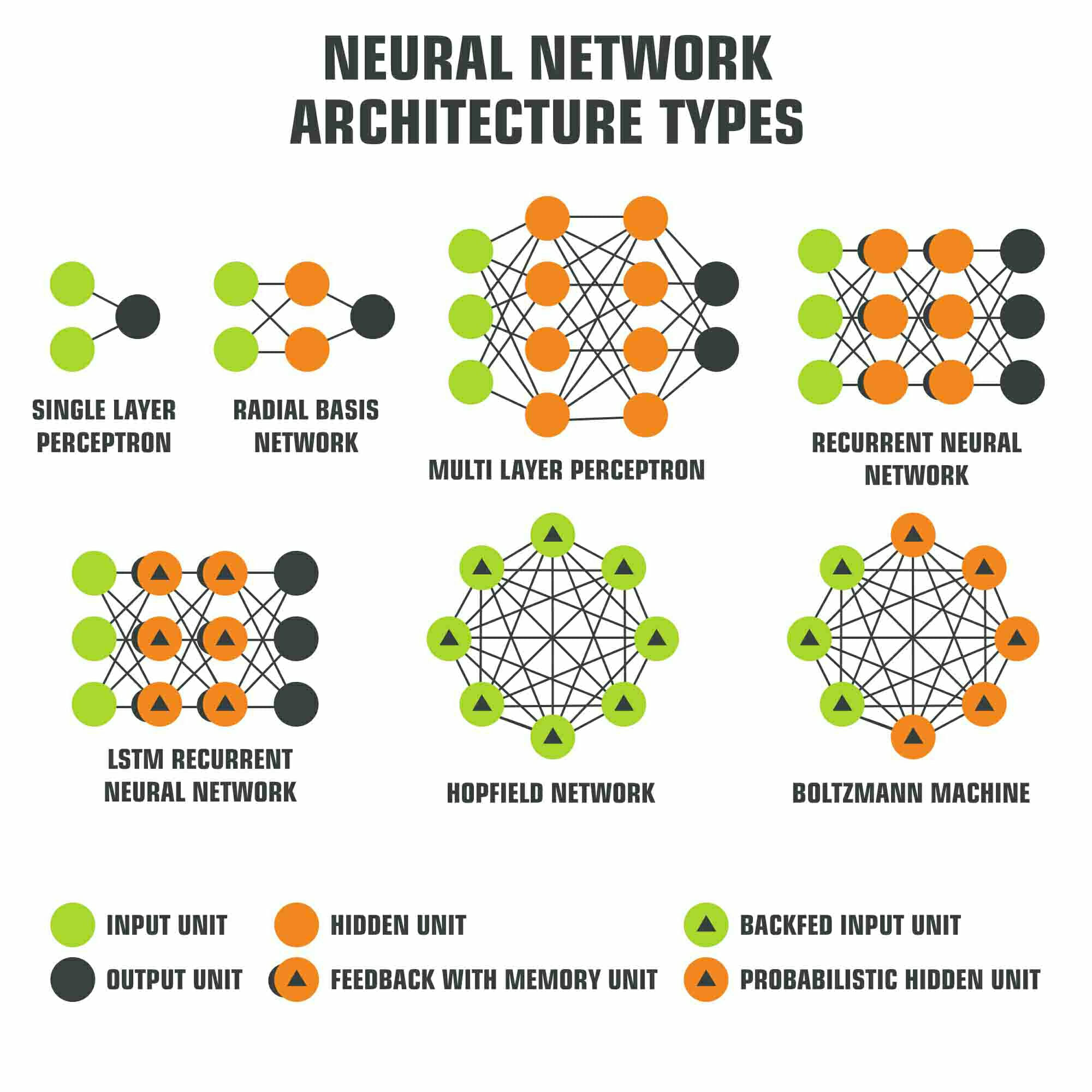
Machine Learning Engineer Job Outlook
As machine learning is cutting edge technology that many startups are trying to sink their teeth into, it should be no surprise machine learning engineering is one of the fastest-growing fields out there and has tons of job prospects. Based on research done by Forbes, between 2015 and 2018, the position saw a whopping 344% increase in job openings – with absolutely no sign this massive growth would be ending any time soon.
Given the specialization required for machine learning engineering, salaries for the field are quite high. Indeed.com’s reports for the US puts the average salary at $144,813 per year. While slightly lower, Payscale notes salaries between $75K and $153K in the US, with the median resting at $111,580.
Job satisfaction for machine learning was also extremely high. According to Business Over Broadway which reviewed various surveys, over 80% of machine learning engineers reported they were satisfied with their jobs, with 23% even reporting extreme satisfaction.
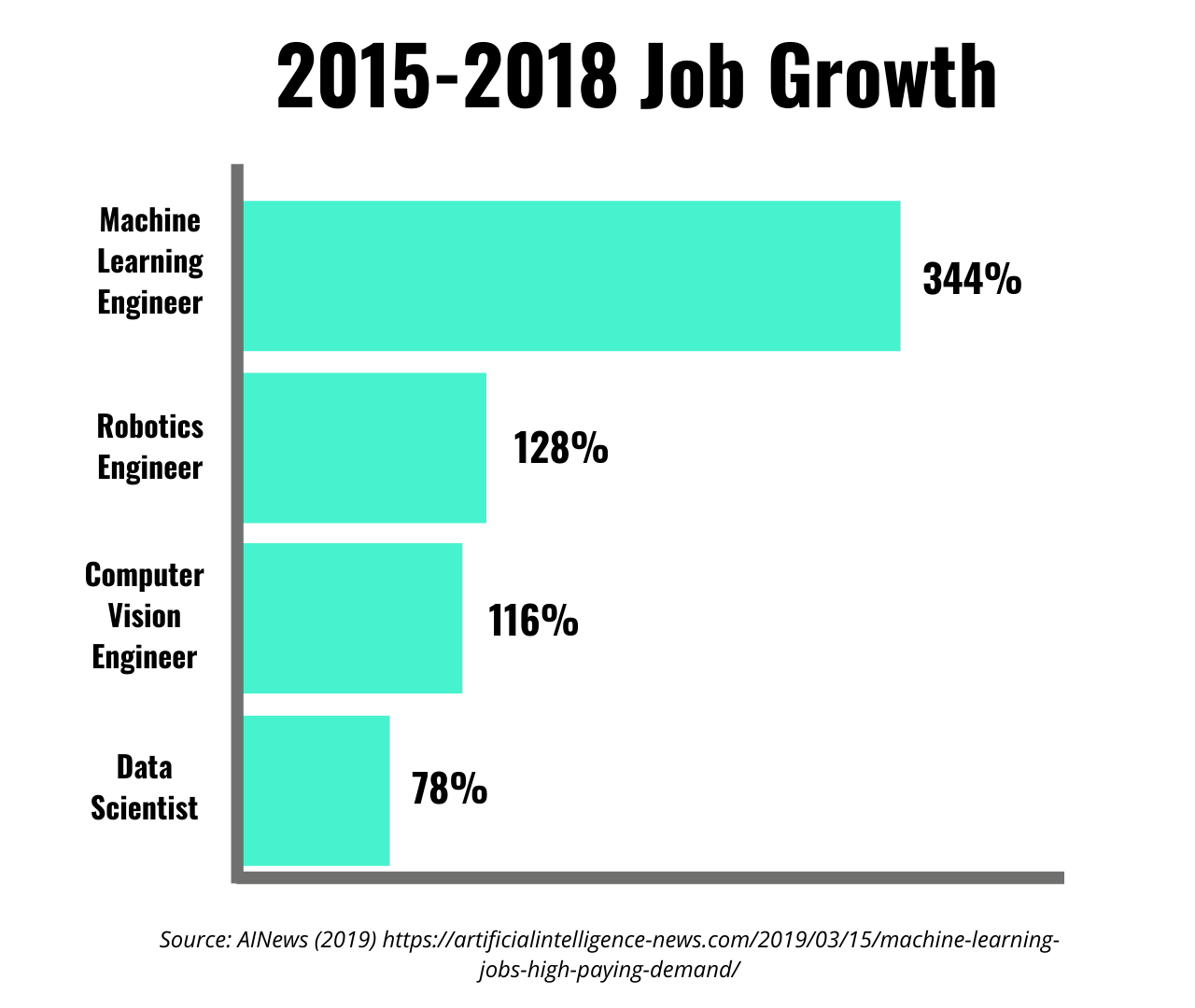
Required Skills
A few skills that will help when becoming a machine learning engineer are:
- Strong computer science knowledge
- All around outstanding math skills – particularly with probabilities and statistics
- Familiarity with programming languages like Python or R
- Experience with machine learning frameworks and libraries (Tensorflow, Keras, etc.)
- Problem-solving skills
Learning Resources
- Python Mini-Degree by Zenva
- Machine Learning Mini-Degree by Zenva
- Python Machine Learning Tutorials
- Python Programming Tutorials by Socratica
- Machine Learning for Beginners by Codebasics
- Python Machine Learning Tutorials by Tech With Tim
- Machine Learning & Artificial Intelligence by CrashCourse
- Python Programming: Learning Python for Beginners
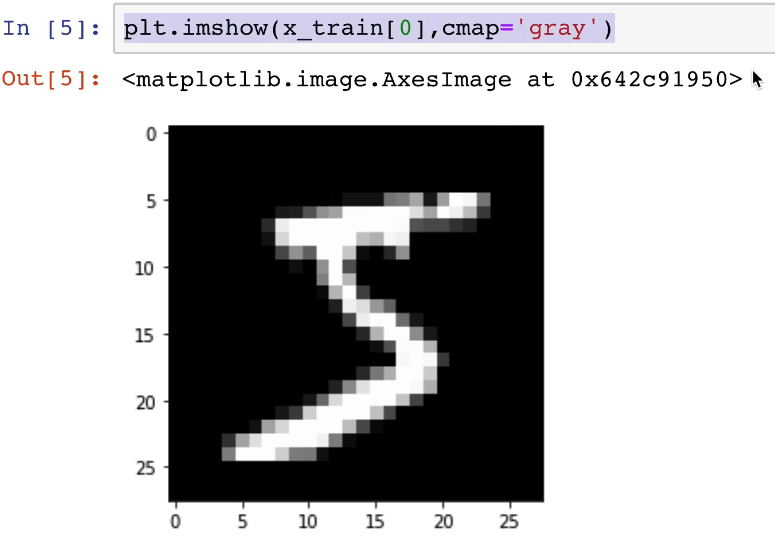
Full-Stack Developer
What is a Full-Stack Developer?
A full-stack developer is a specific type of developer aimed at the web. Rather than dealing specifically with data, software, or algorithms, a full-stack developer is in charge of most every aspect of building and maintaining a website. While they can be considered web developers, of course, there is a bit more to it than that.
Full-stack development consists of two different aspects. In the first part, full-stack developers will be in charge of the front-end, or in other words, the part users can see and interact with. This involves all the standards of building a web page, such as responsive design, element layouts, button functionality, and so forth. The second part of a full-stack developer’s repertoire is the backend, which means developing and maintaining databases, securing the website, and so forth. Full-stack developers are truly the masters of the web in terms of job.

Typical Duties of a Full-Stack Developer
Given that full-stack developers are in charge of both the frontend and backend aspects of a website, the duties involved are fairly robust.
To begin, a full-stack developer is first in charge of working with their client to determine the sort of website and systems needed. This includes determining the sort of design the client wants, whether or not the client wants a Content Management System (CMS) so they can edit the website themselves, and even to just deciding what sorts of interactivity the site will need to perform the desired functionality.
With plans in place, the full-stack developer is also in charge of all aspects of implementing the front-end aspects. Of course, this does involve coding the actual HTML and CSS that will give the website its layout and appearance. However, the full-stack developer in this duty is also in charge of setting up the interactive elements such as forms and buttons so that information can be transmitted smoothly in the backend.
As mentioned, developing the backend is the next duty in the full-stack developer’s roster. What this includes could depend on the website’s need. In most cases, it will at least involve managing databases and how the frontend of the website coordinates with it. However, full-stack developers may also participate in a number of other tasks related to the duty, up to developing an entire set of server commands from scratch to run the website.
The final duty of a full-stack developer falls in the realm of software maintenance. Unfortunately, websites are prone to have bugs based on third party updates, or even just have issues with servers going down. As such, it is the duty of the full-stack developer in many instances of long-term commitments to help monitor and maintain the website in working order. Along with this, full-stack developers will also need to help perform updates, whether to patch security flaws or simply add new website features for their clients.

Full-Stack Developer Job Outlook
Given how reliant many countries have become on the web (even for things like general word processing), it should be no surprise that web development is still a growing industry with lots of potential and job prospects. While not as high as some of the other fields, web developers can still expect an 8% job growth between 2019 and 2029 according to U.S. Bureau of Labor Statistics – which is considered faster than the average job.
Earning potential for full-stack developers can vary widely. Salaries reported on Indeed.com averaged at about $112,731 per year in the US. In the meantime, Payscale.com‘s report average at about $67,174, with $100K reported as the highest and $44K reported as the lowest. The BLS marks the average as somewhere in between at $73,760.
While the salary reports vary greatly, there is no question about where web developers rank for satisfaction though, being ranked #3 for Best Technology Jobs on US News’ official Best Jobs Rankings.

Required Skills
Though each job is different, full-stack developers will often need the following:
- Strong understanding of HTML, CSS, and JavaScript
- Experience with responsive design
- Knowledge of databases and overall server architecture
- The ability to work with version control tools
- Communication skills for bug tracking, testing, and more
Learning Resources
- Web Developers: Career Outlook
- Full-Stack Web Development Mini-Degree by Zenva
- HTML & CSS 101 – Responsive Company Website by Zenva
- JavaScript 101 – First Programming Steps by Zenva
- What Is a Full Stack Developer & How To Become a Full Stack Developer in 1 Year by PixemWeb
- Responsive Web Design Tutorials by The Net Ninja
- Back-end Development by Programming with Mosh
- HTML5 Hive
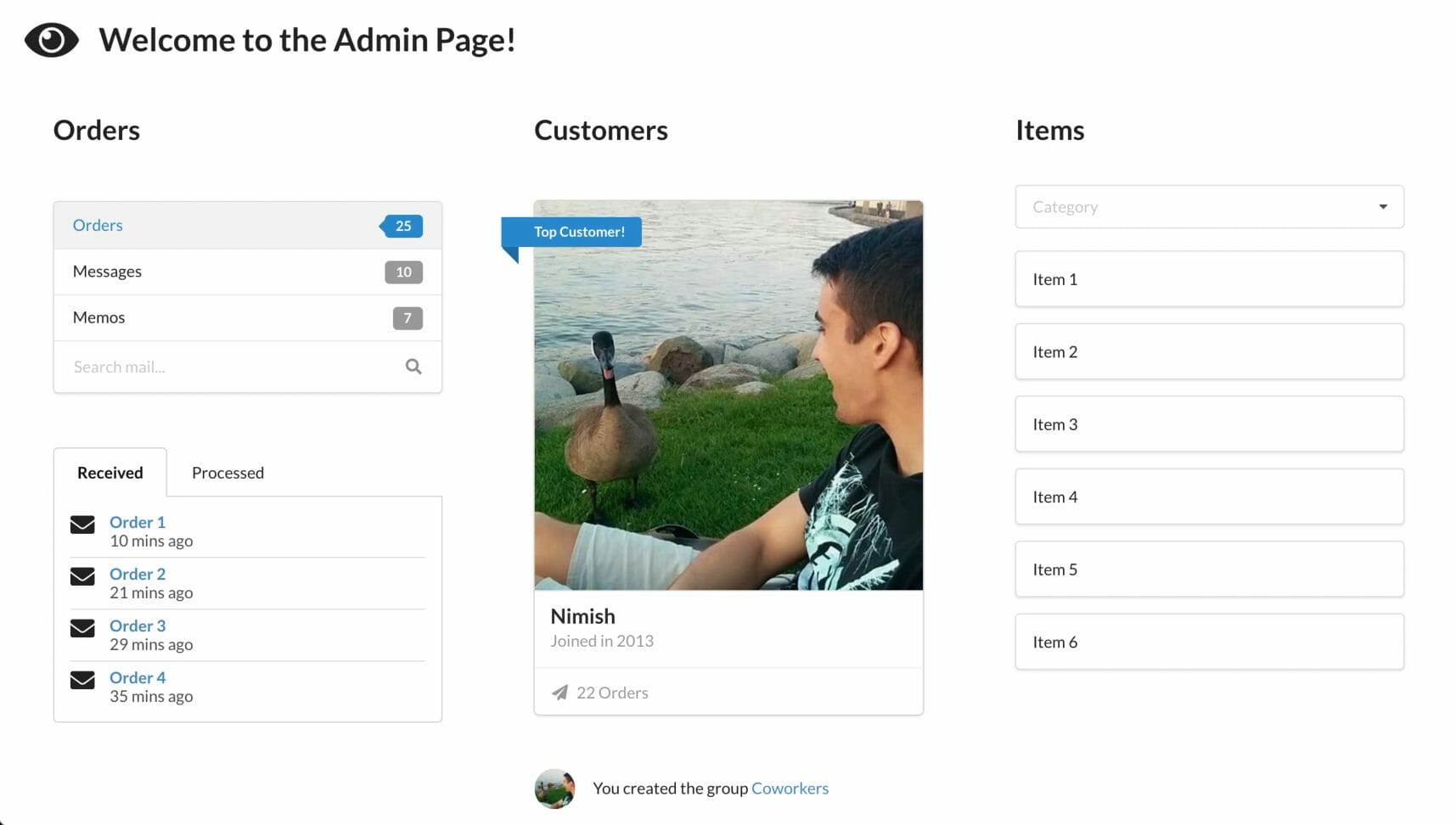
Software Developer
What is a Software Developer?
As the name suggests, software developers are people who develop software. This means most every program on your computer. Microsoft Excel? Software development. Adobe Photoshop? Software development. Even the browser on your computer is technically a piece of software that software developers created at one point.
Software development is a huge, encompassing field that is only limited by technology and the developer’s own imagination. Software can be made to do just about everything, whether it is a program that lets you make digital art, a calendar reminder system, a word processor, a calculator, and so forth.
So, in short, a software developer is someone who takes those big ideas about what you would like to do on your computer, plans it out, and makes it a reality. They are the ultimate problem solvers when it comes to providing you with digital tools for your life.

Typical Duties of a Software Developer
Just as the field itself is encompassing, so too are the duties software developers might participate in. According to the U.S. Bureau of Labor Statistics, software developers/software engineers are people who are in charge of the entirety of the software development process in terms of duties.
As software development is about solving problems and developing tools within the confines of computer science, the first duty of software developers is to plan out how to do that. This can involve writing documents, making charts, etc. Either way, software developers are the people who will decide what features software programs needs to “solve the problem” and how all those features will fit together to create a cohesive and working program.
The next crucial duty of the software developers is to oversee the plan they created into execution. This is the duty where it can vary depending on each of the software developers and company.
In bigger companies, software developers may simply relegate their plan to coders to write and execute, in which case all the software developers’ main job would be to oversee that process and ensure everything does come together as was planned. However, for smaller companies, software developers may be the one to be directly in charge of coding their plan into reality, in which case software developers may write computer code solo for the project.
Next in the duty roster, software developers will be in charge of quality assurance. This means they will oversee the testing process to make sure the software programs works as intended, that users understand how to use the software programs, that any bugs in the software programs are patched, etc. This duty involves quite a bit of data analysis too. As part of this duty as well, software developers also take charge in planning updates for the program – as even solid software programs need occasional maintenance updates.
Finally, software developers are also just in charge of documenting the entire program so that others who might develop for the software in the future will understand its construction.

Software Developer Job Outlook
Despite having been around for almost as long as computers, software development is still a growing job sector with plenty of potential. The U.S. Bureau of Labor Statistics, for instance, reports that between 2019 and 2029, a 22% job increase is expected – with over a million jobs already available.
As for annual salaries, the Bureau of Labor Statistics reports that the annual salary average for software developers is $107,510 in the US. Research done by Payscale.com reports the median as $72K, with the ultimate salary potential existing from $50K to $105K per year (in the US at least).
While not high on the list, Glassdoor also reports a high job satisfaction for software developers, as it does make Glassdoor’s best jobs list at #32.
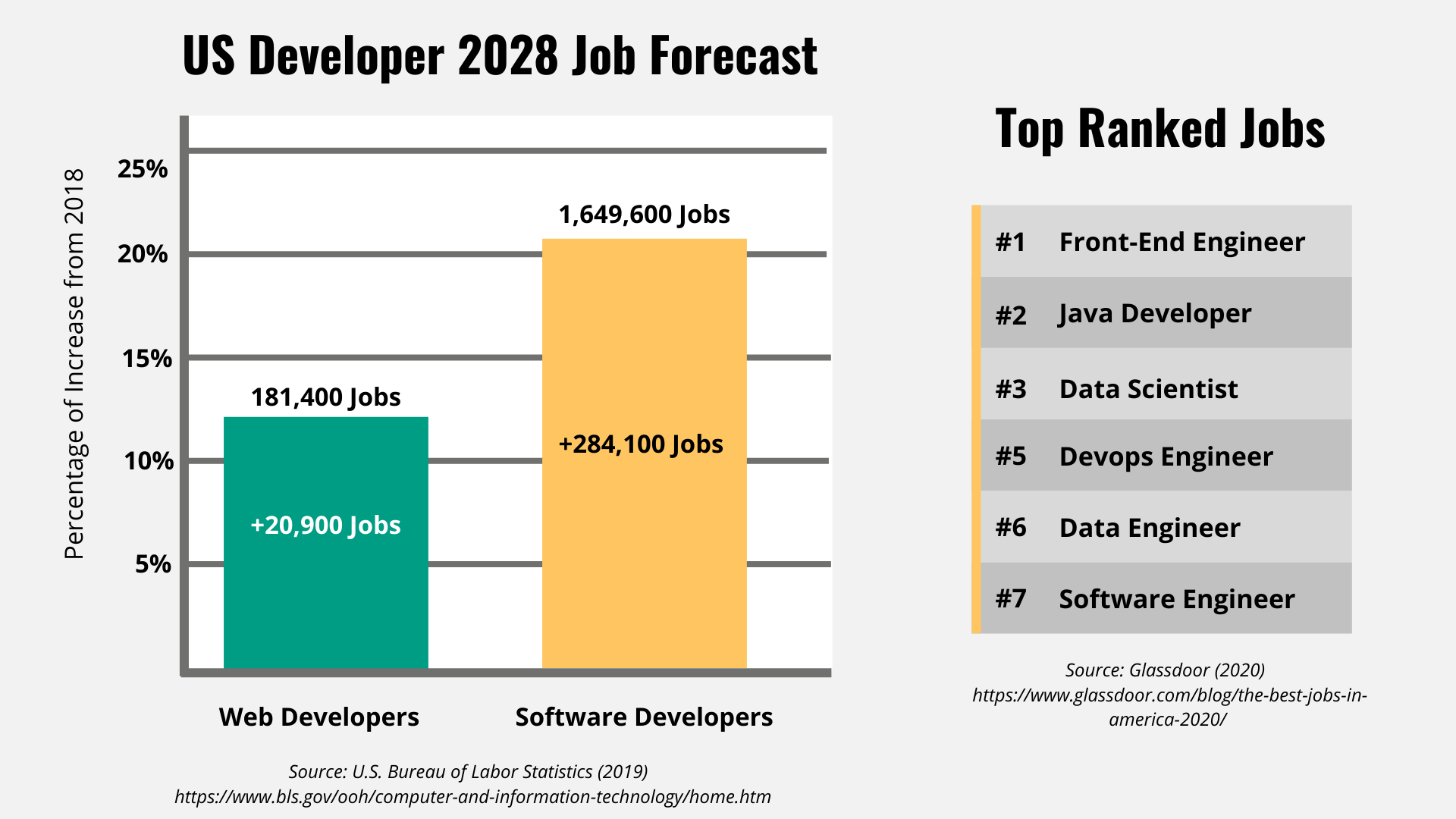
Required Skills
Software developers skills will, of course, depend on job, but some common ones required are:
- Programming experience with popular computer languages like C#, Java, C++, or similar
- Strong writing and communication skills
- Understanding of computer architecture and computer science
- Data analysis for quality assurance
- Problem-solving based on user interactions
Learning Resources
- Software Developer Career Outlook
- C++ Programming Bundle by Zenva
- C# Programming for Human Beings by Allan Carlos Claudino Villa
- What is Software Development by Technology Profession
- An Entire Software Development Life Cycle by ForrestKnight
- 3 years of Computer Science in 8 minutes by Devon Crawford
- Software Design Patterns and Principles by TechLead
- How I Learned to Code – and Got a Job at Google! by CS Dojo
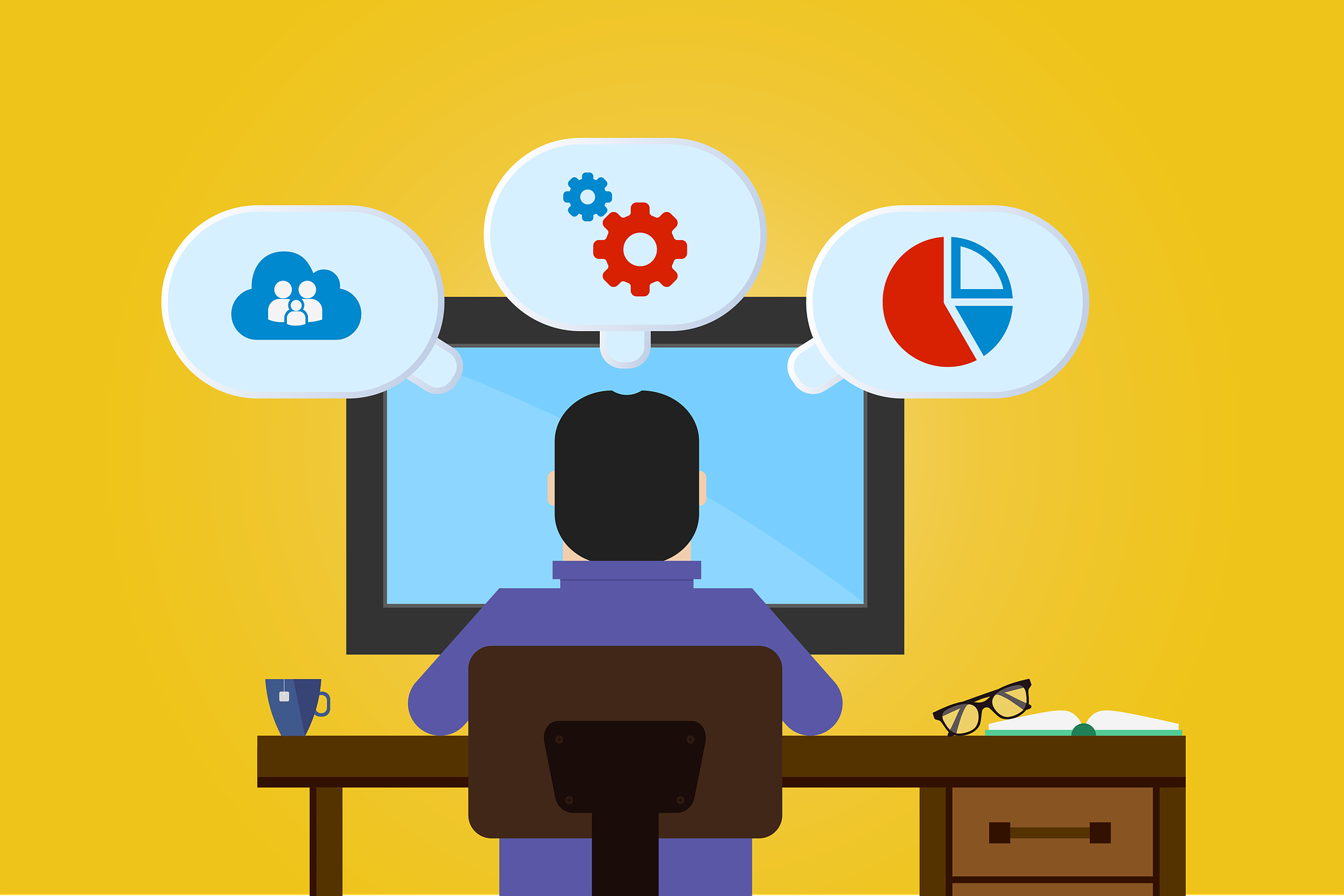
Game Developer
What is a Game Developer?
A game developer can be considered as a subset of a software developer – as games are technically pieces of software. Nevertheless, as the name implies once again, a game developer’s focus is on developing games for both computers and mobile devices.
Unlike software development where a lot of the program is developed from scratch, though, many game developers are generally specialized in a specific game engine – which provides them with numerous tools that will take away some of the grunt work needed to create an entire game. As such, game developers are not only experts in bringing game ideas to life, but also experts in using specific tools to get the job done with the standard development process.
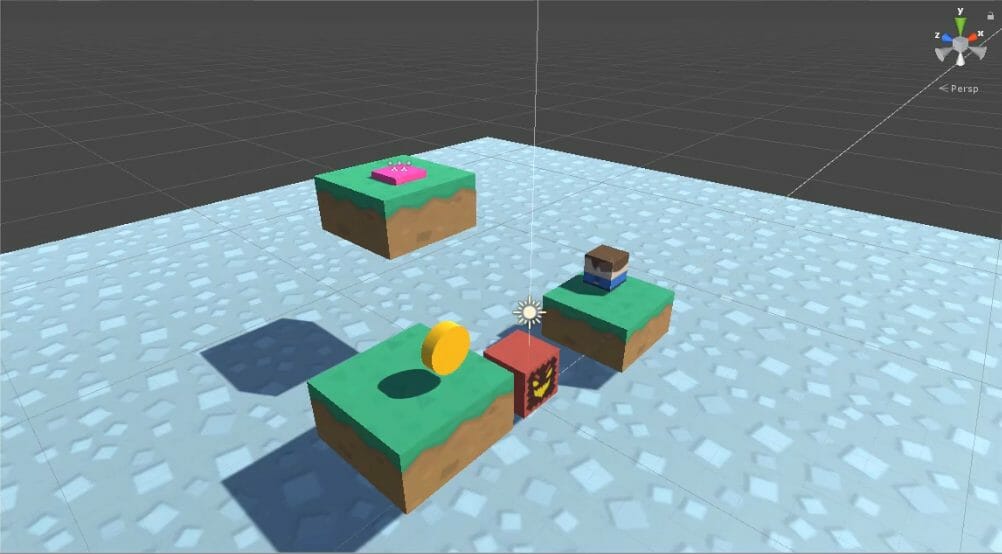
Typical Duties of a Game Developer
As a subset of software development, the typical duties of a game developer are more or less the same, as game developers are also in charge of the entire process for developing the game (though not all game developers are assumed to be as versed in computer science.
To start, a game developer will plan out the game. This includes elements about what sorts of mechanics the game will need, what assets it will need, the exact design of the game, etc. Often, this duty will involve setting up a Game Design Document which helps communicate not only what is needed to the project, but what sorts of considerations need to be taken to connect every mechanic together.
Once the game is planned, the game developer then must oversee the plan’s execution. This is where duties can become a bit hazy depending on the structure of the team. For bigger companies, a game developer may simply be in charge of a team of computer programmers at this point and checking over work everyday to make sure all the software code works. For smaller companies, the game developer may need to code the game themselves – whether from scratch or within a game engine.
For even smaller teams, a game developer may even be in charge of compiling the assets, which could mean making it themselves or finding a third party. Regardless, the game developer sees the plan executed one way or another and adjusts their plans accordingly.
Again, like a software developer, a game developer will also be in charge of various quality assurance aspects. This duty, again, will vary based on team size. In some cases, a game developer may simply analyze user data and then plan bug patches and updates around how users are interacting with the game, with a much greater emphasis on making sure the game is both balanced and fun. However, if the team is very small, the developer may also oversee the playtesting themselves as well to check for bugs and log them to fix later.
Lastly, a game developer may also need to document the game’s construction if long-term maintenance will be needed. This is yet another aspect that will vary based on both the game itself and the team, as something like an MMO will require more maintenance than something like a clone of Pong.
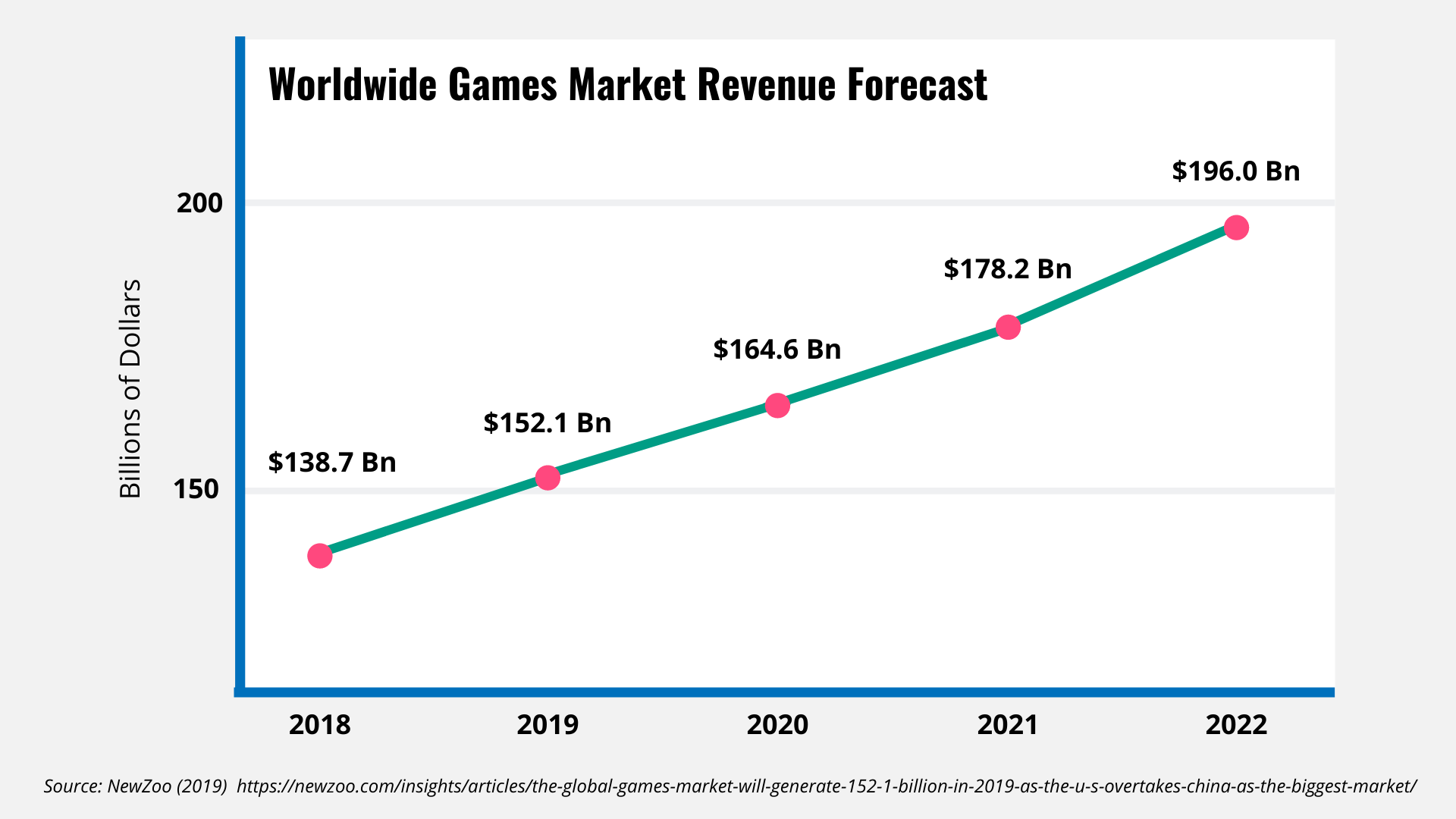
Game Developer Job Outlook
Given game development is a field that often relies on game engine tools for the process, data here will vary depending on which engine developers have experience with. However, the game industry, on the whole, is booming, with NewZoo reporting forecasts well beyond $200 billion in revenue by 2023. Comparatively to other industries, indie games and solo, self-employed developers are also fairly common and more accessible to get into for those financially inclined, so the 9-to-5 path is not a necessity in this case.
For the traditional route, though, salaries vary depending on engine specialization. Nevertheless, the average salary according to Glassdoor is $50,293 per year in the US. Zip Recruiter on the other hand reports the salary average as high as $101,644 per year, though location seems to be the biggest determining factor as to actual earning potential.
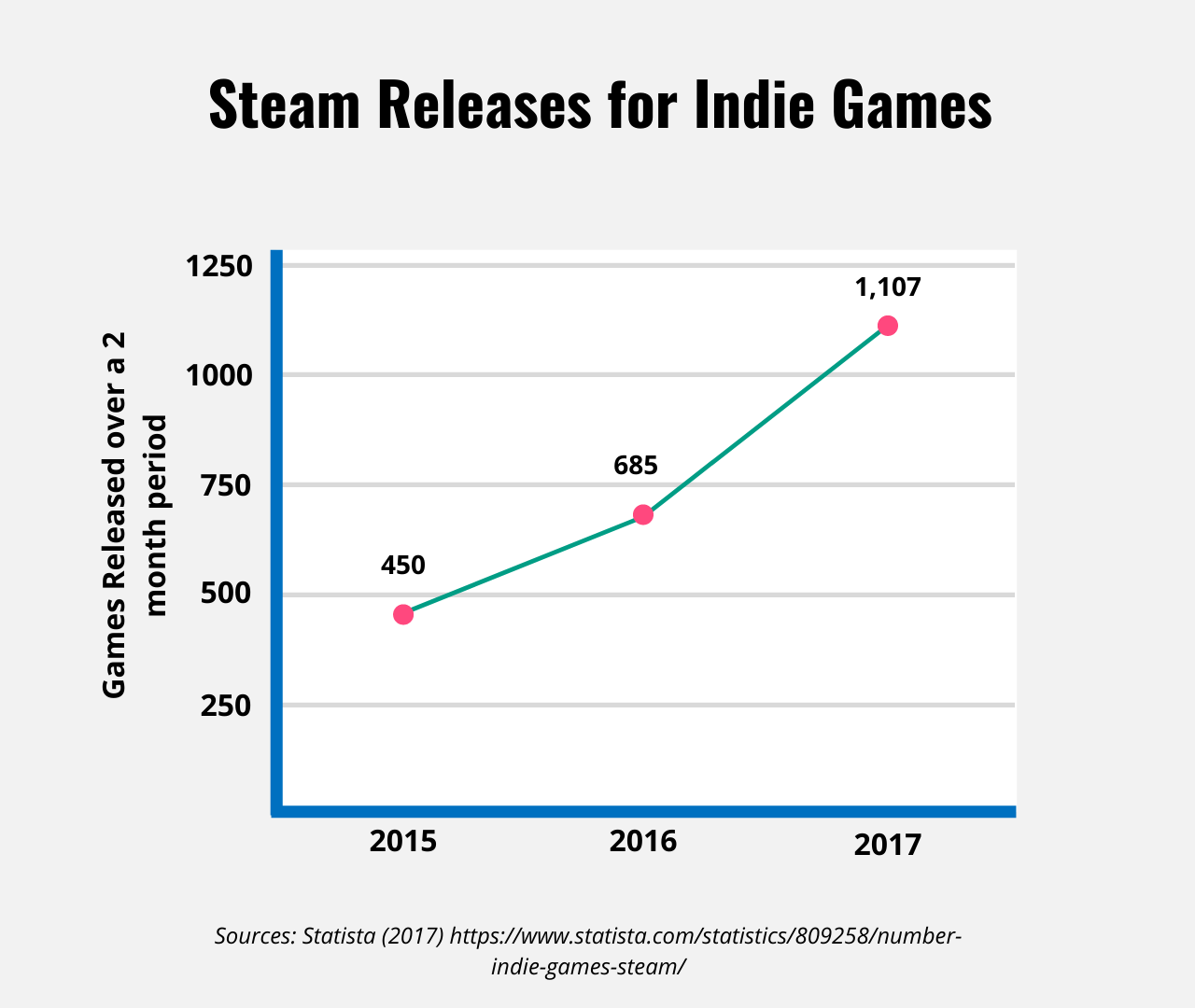
Required Skills
While not exhaustive, skills that will help when becoming a game developer are:
- Strong knowledge of object-oriented programming
- Experience with a game engine/framework and its corresponding programming languages
- Understanding of multimedia incorporation
- Ability to use tools to track performance and debugging tools
- Teamwork and coordination
Learning Resources
- Unity Game Development Mini-Degree by Zenva
- Unreal Game Development Mini-Degree by Zenva
- Godot Game Development Mini-Degree by Zenva
- HTML5 Game Development Mini-Degree by Zenva
- GameDev Academy
- Day in the Life of a Japanese Game Programmer by Paolo fromTOKYO
- Making Your First Game: Basics – How To Start Your Game Development by Extra Credits
- How to Code a VR Game by Daniel Buckley
- How to Make a Game by Daniel Buckley

Mobile App Developer
What is a Mobile App Developer?
Arguably another subset of software development, mobile app developers are those who develop programs specifically for Android and iOS devices. Even so, the same ideas still apply: a mobile app developer is about taking ideas for “software” and figuring out how to solve the problems via a mobile device.
Where mobile app development differs from software development, slightly, is the number of considerations. Mobile devices tend to have less power than most computers, so there are many performance considerations a mobile app developer has to make in order to create a functioning app that doesn’t crash the system. In addition, mobile app developers also must consider device sizes and screens, which have a lot more variability than the standard computer monitor. Nevertheless, these developers are experts on giving your phone that extra bit of functionality.

Typical Duties of a Mobile App Developer
Once again, the duties of a mobile app developer are similar to a software developer, as the developer covers the entire lifecycle of developing the app.
To start, a mobile app developer will take the problem the app is trying to solve and plan out how it will do that. As such, they must decide on features for the app, how those features will work off one another, the sorts of views that will be needed for the app, and so forth. During this process, the app developer must also consider the target devices, as Android and iOS offer very different operating systems. Additionally, depending on the generation of the phone, certain features may or may not be present – as is the case of augmented reality. So, considering devices is an important step for the mobile app developer.
Once the plan is created, the mobile app developer will oversee its execution. Similar to the two above, this can either mean managing a team of computer programmers or the developer doing the coding part themselves. Where the process differs, is, again, with the devices. If a mobile app is targetting both Android and iOS, in some cases, the developer may have to oversee two separate teams or apps, as they require programming languages and set up differs greatly between the two devices. Additionally, the Google PlayStore and the Apple App Store have different restrictions which can affect how certain features are programmed.
After the app is developed, the mobile app developer will oversee the testing process – which means checking for and fixing bugs for the app’s entire lifetime, planning updates around the user’s interactions with the app, and so forth. During this step, the mobile app developer will also pay strong attention to performance data, as mobile devices have a number of limitations that computers don’t. As such, the app developer will spend a while monitoring charts and similar to ensure that the app works on the target platforms without too much lag.
Similarly to software development, the last duty for a mobile app developer is documentation to ensure that the app can also be updated by other developers in the future.

Mobile App Developer Job Outlook
As we find ourselves more and more attached to mobile devices, so too do companies find the need for software solutions for their regular operations. In fact, CNN Money lists mobile app developer as its 9th fastest-growing job in America, with the next 10 years suspected to increase by 19%.
Much like web development, though, salary reports for mobile app developers are extremely variable. Payscale states the average salary as $69,303, with some salaries being as low as $45K and as high as $129K. Meanwhile, though, Indeed reports salaries averaging as high as $123,799 per year for the field in the US.
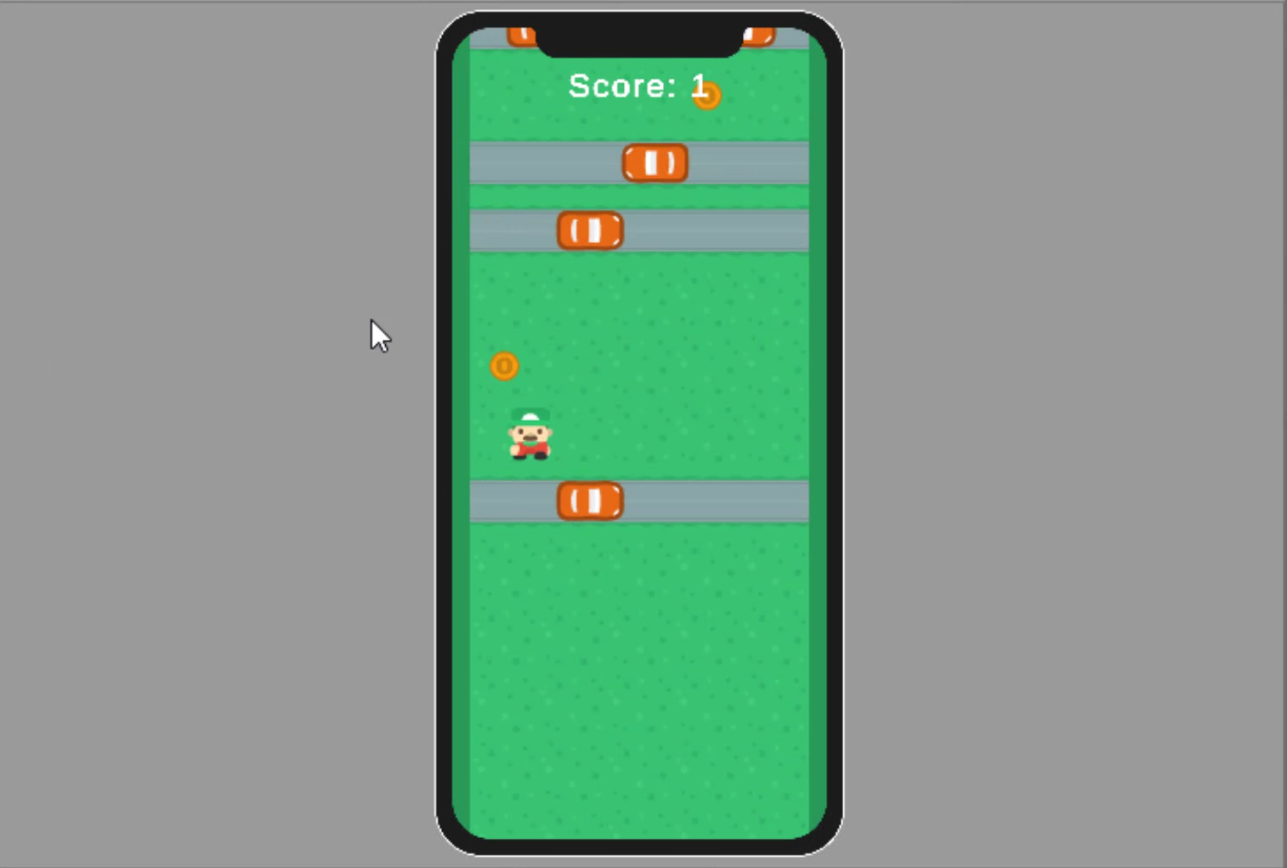
Required Skills
Skills may vary depending on platform, however, some common ones are:
- Experience with Android Studio, Xcode, Java, and Swift
- Strong understanding of app architecture (views, databases, etc.)
- Knowledge of creating and working with APIs
- Familiarity with performance tracking, bug patch deployment, and similar
- Written and communication skills
Learning Resources
- Mobile App Development Mini-Degree by Zenva
- Mobile Game Development Mini-Degree by Zenva
- Mobile Games 101 – Android and iOS Development by Zenva
- Android Kennel
- Swift Ludus
- Swift Tutorial by Derek Banas
- Java Tutorial For Beginners by ProgrammingKnowledge
- How I Got My First iOS Developer Job in 7 months by Sean Allen
- How to Code an AR Application by Daniel Buckley

Conclusion
This article truly only scratches the surface of what awaits you when becoming a developer. While we did cover the major fields that await you, there are still subfields that you can specialize in, such as interfaces, animation programming, etc. We also didn’t cover much of the difference between entry-level position and full-time positions, as each location and company can vary a ton in terms of these opportunities. You can also specialize in specific, niche programming languages that have very specific uses!
Nevertheless, you should now have a good idea of not only your options in terms of what kind of field you can join with computer programming skills, but also why you should whether based on salary potential or job growth. Even if you don’t want the traditional job situation and would rather freelance and be your own boss, all these fields are still accessible to just about anyone looking to learn.
Regardless if you’re a new graduate of computer science or just someone looking for something new, we hope this information helps you make an informed decision about your job outlook as a developer. Good luck!
Sources
- U.S. Bureau of Labor Statistics [2020]
- Glassdoor [2020]
- Workable [2020]
- Indeed [2020]
- Payscale [2020]
- US News Money [2020]
- Forbes [2019]
- Business Over Broadway [2018]
- CNN Money [2017]
- Zip Recruiter [2020]
- NewZoo [2020]
